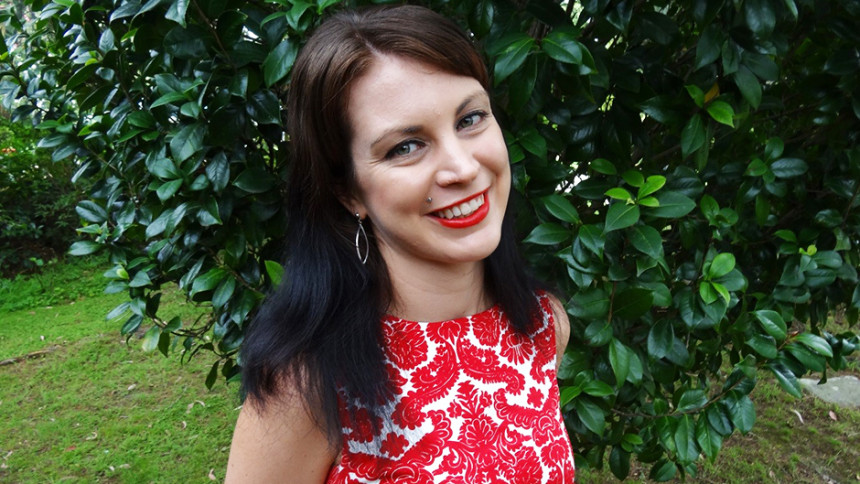Climate scientists feel weight of world on their shoulders

Every day, these scientists face evidence of climate change. They explain how they cope with the emotional burden of what they know.
 Scientist Charlie Veron says he was one of the first people to photograph bleached coral. (Tristan Bayer)
Scientist Charlie Veron says he was one of the first people to photograph bleached coral. (Tristan Bayer) I am someone who can actually do something about it. I am someone who is listened to and I have made a difference. And so I have to keep on doing that. It’s not as if I can say, “to hell with it”, and go and do some gardening.
 Sarah Perkins Kirkpatrick is sometimes hesitant to communicate the confronting findings of her research. (Supplied: Sarah Perkins)
Sarah Perkins Kirkpatrick is sometimes hesitant to communicate the confronting findings of her research. (Supplied: Sarah Perkins) We just want to make sure we’re absolutely 100 per cent sure on the numbers that we’ve got. We don’t just say: “Let’s just look at a few maps and here are some pretty lines in a plot.”
 Ove Hoegh-Guldberg says he’s coming across the scars of climate change more and more. (Supplied: Ove Hoegh-Guldberg)
Ove Hoegh-Guldberg says he’s coming across the scars of climate change more and more. (Supplied: Ove Hoegh-Guldberg) I‘ve gone from that innocence, looking over the edge of the Australian continent and wondering “wow” … to now a deep sense of worry, that you have to do something, we have to do something. We can’t let this magic disappear.
 Sara Arthur tries to do the right thing by the environment, but says sharing what she knows is hard. (Supplied: Sara Arthur)
Sara Arthur tries to do the right thing by the environment, but says sharing what she knows is hard. (Supplied: Sara Arthur) The moment — when I realised we were putting too much carbon dioxide into the atmosphere, which was inevitably going to go into the oceans and dissolve the coral reefs — was demoralising.
Sara Arthur is an environmental scientist who specialises in waste management and contaminated land.
In 2001, her experiments on a fish tank of coral and goldfish revealed something she was yet to read in the scientific literature.
“I was doing a lot of scuba diving at the time,” she said.
“One day as I was adjusting the pH [in the tank] I realised what impact extra CO2 in the environment was going to have on the coral reefs of the world.
“I cried. I wasn’t told, I worked it out for myself. The horror I felt was unspeakable.”
Dr Arthur rides a bike, has solar panels, grows vegetables and tries to do the right thing. But she says sharing what she knows about climate change is hard.
“If I talk about it at a dinner party it’s a bit of a clanger. People were happy, until I spoke,” she says.
“It’s a very difficult thing to know and it’s not a nice thing to share.”
Original article posted on ABC News, 31st of October 2016 (Link)
